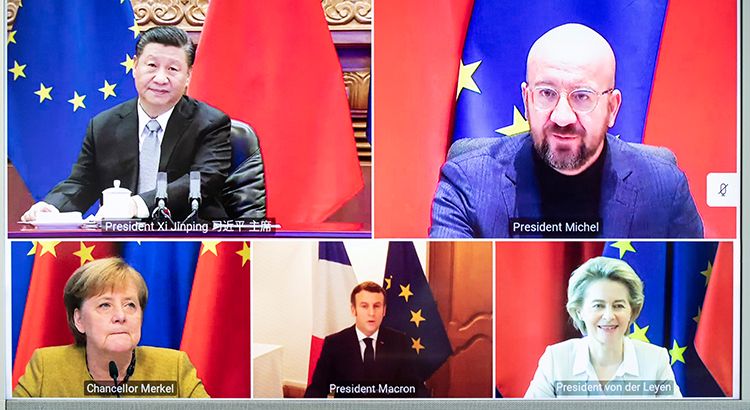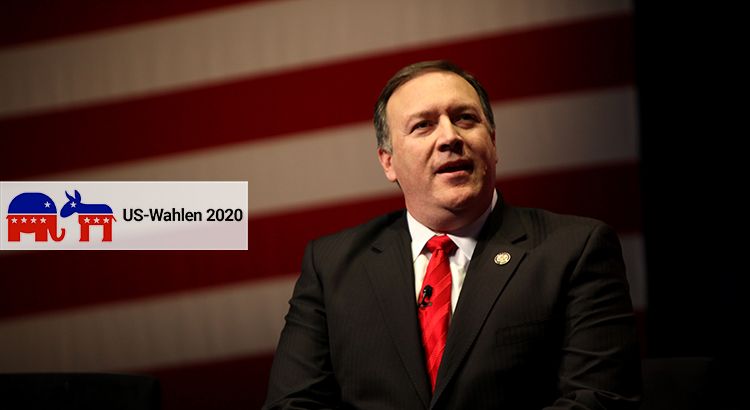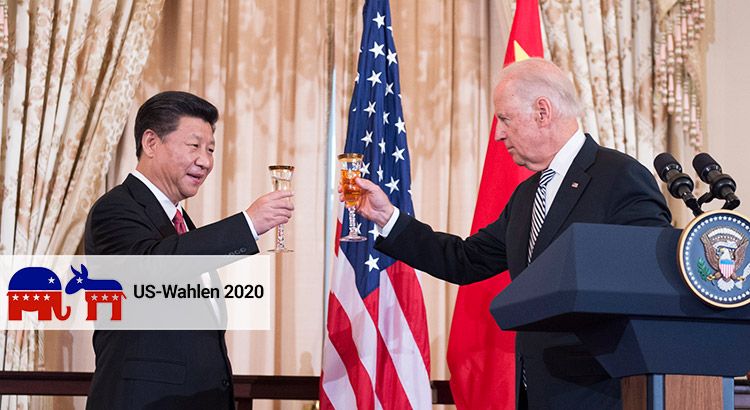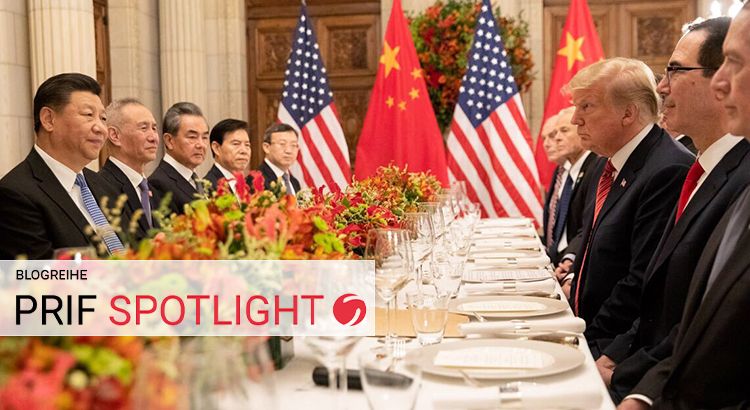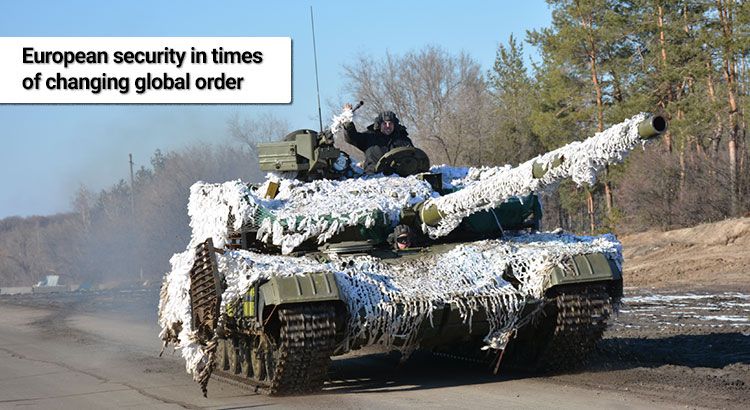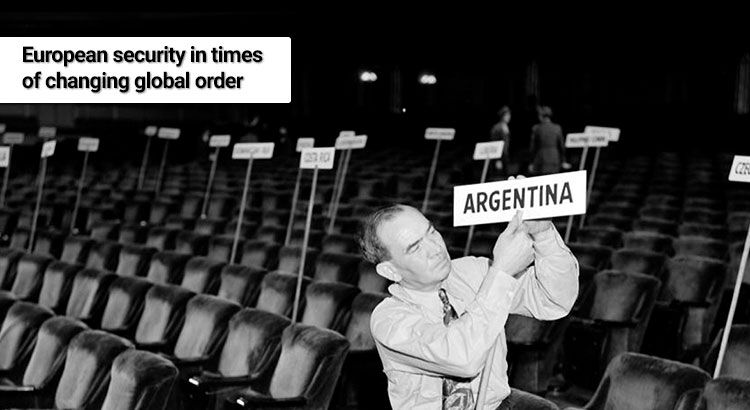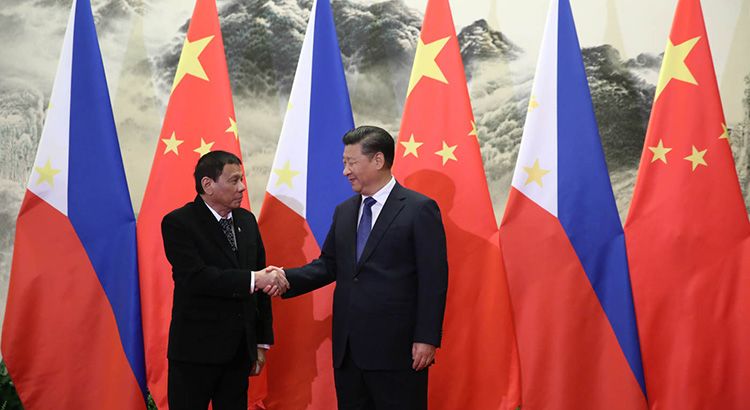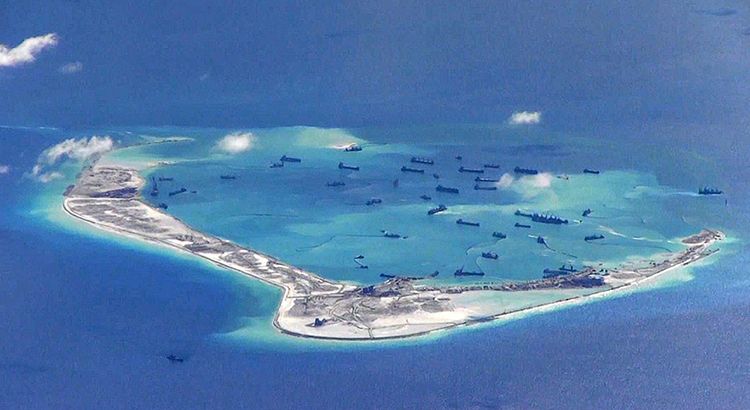Schlagwort: China
The recently-concluded EU-China Investment Agreement has attracted severe criticism, with many...
From China Threat to Red Scare: a Post-Trump Republican Perspective on US-China Relations
In its last months in office, the Trump administration published a new, comprehensive framework...
China Policy in the 2020 Election: Same Same, but Different?
With US-China relations caught in a seemingly inescapable downward spiral and mounting...
Fraying Ties: The Securitization of the US-China Relationship
The security dimension has long been the most contentious aspect of US-China relations, marked by...
“It is not enough to diagnose a crisis – we also have to actively deal with it.” An interview with Nils Schmid
A crisis or even the end of the liberal, multilateral world order is a frequently-heard diagnosis...
“Unfortunately for all of us, the world did not go the ‘European way’”. An interview with Sergey Karaganov
The state of European security was an important topic at this years's Schlangenbad Talks. Vera...
“Recalibrating European security”?: A reply
Hans-Joachim Spanger rightly points to the main challenges to European security emphasizing that...
A “Ripe Moment” by Accident? The Turn-Around in Sino-Philippine Relations
In July 2016, the Permanent Court of Arbitration (PCA) rejected most of the Chinese claims in the...
One Year after the Permanent Court of Arbitration’s Decision on the South China Sea
On July 12, 2016 the Permanent Court of Arbitration (PCA) in The Hague handed down its verdict on...
